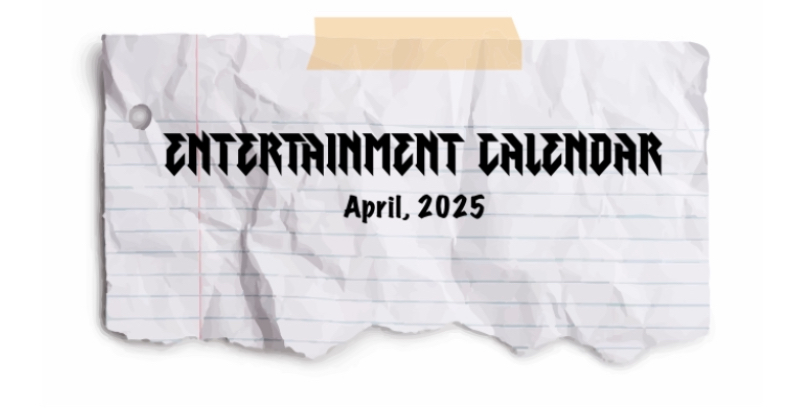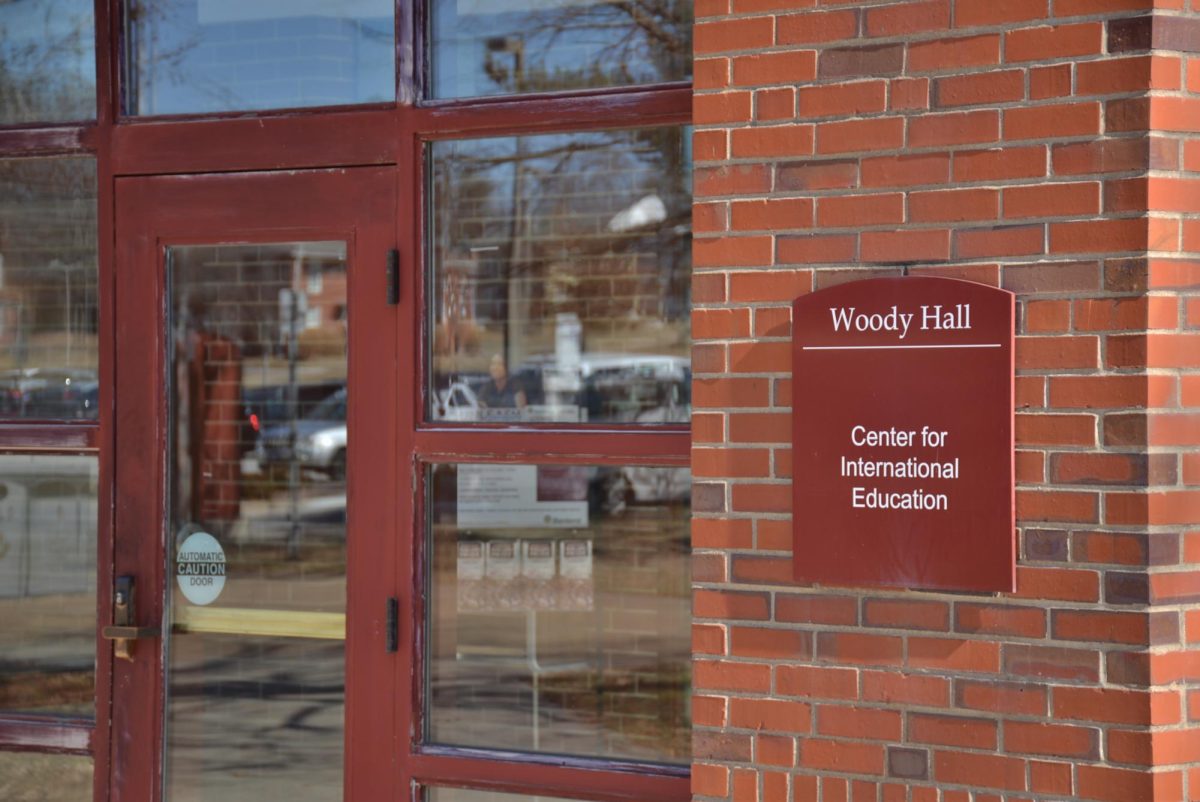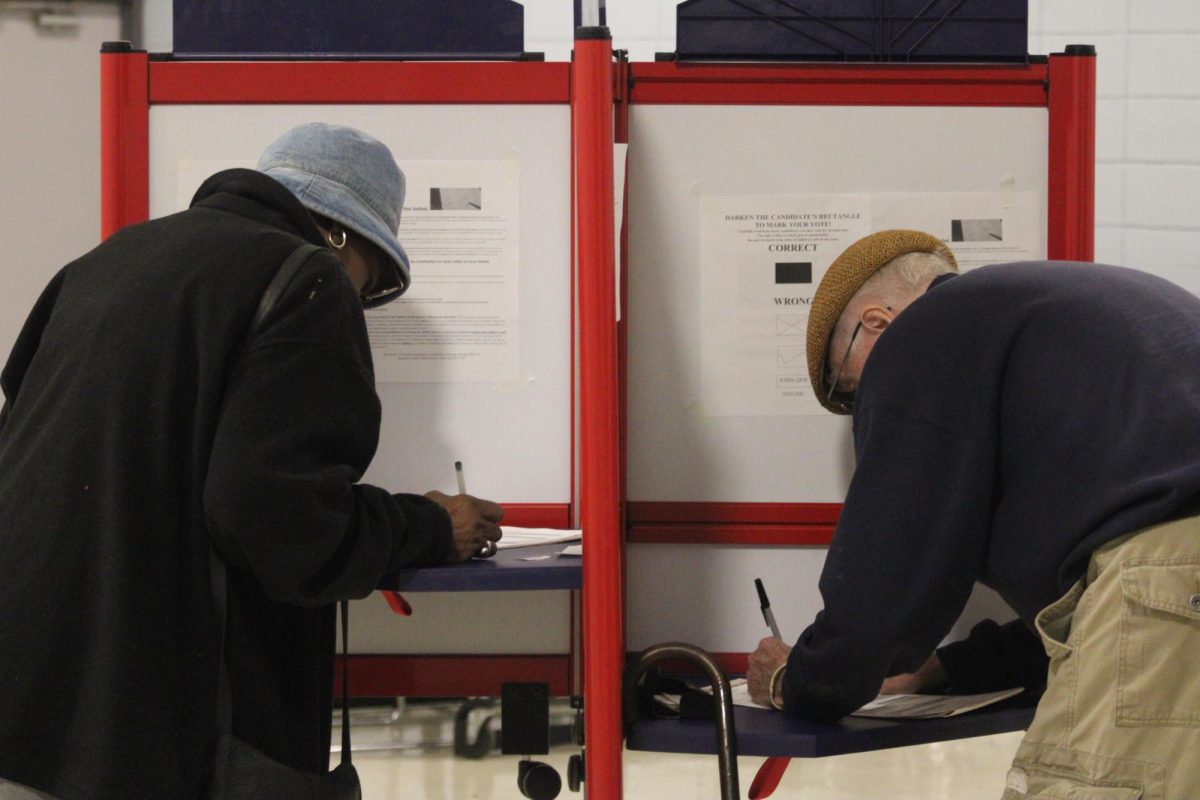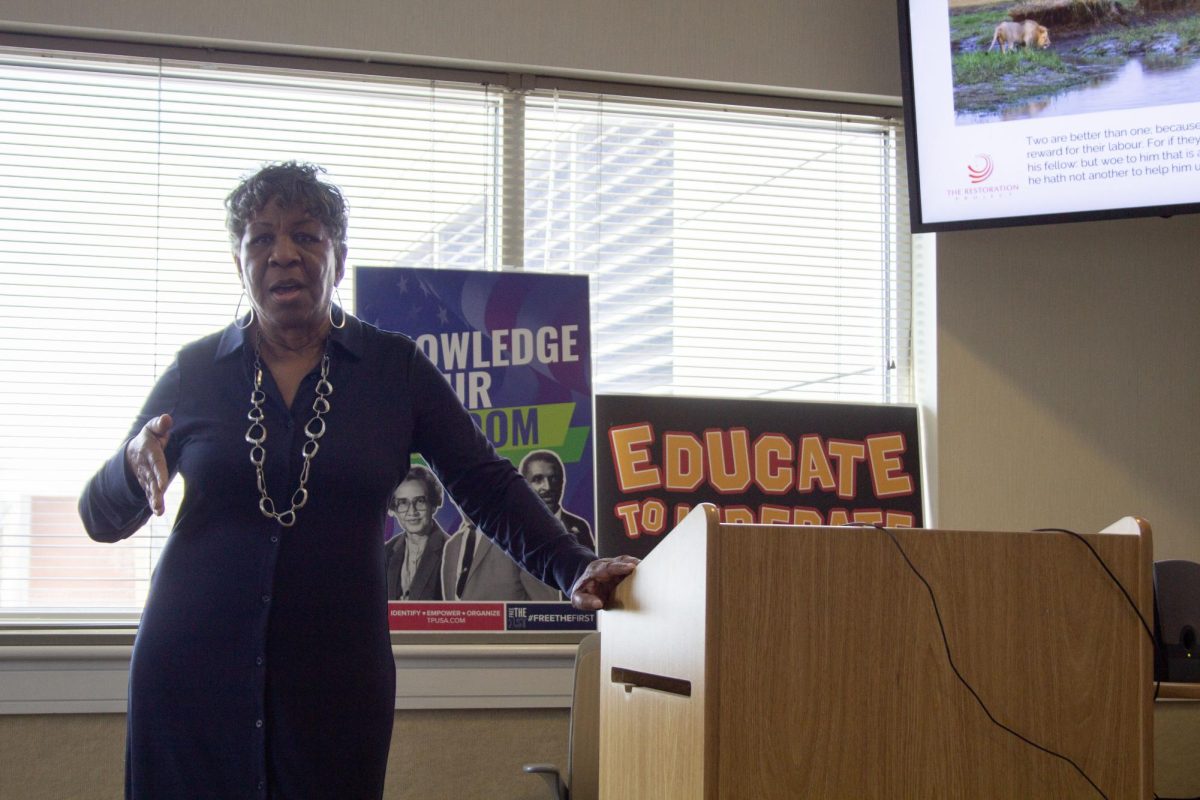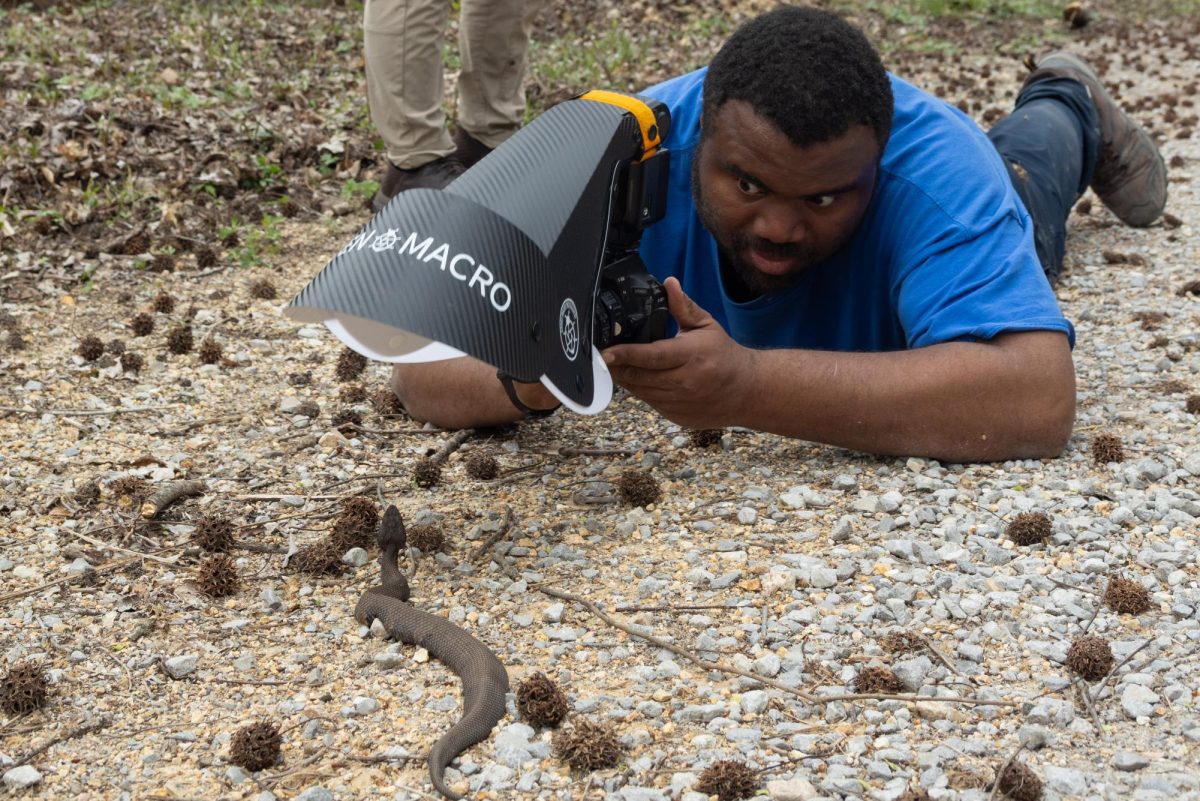A freeze on federal funding issued by the White House on Monday, Jan. 27 briefly suspended payments for federal grants, loans and specific educational programs, causing widespread confusion and concern across the country and at SIU before being quickly reversed the next day.
As of Wednesday, the White House announced that the Office of Management and Budget had rescinded its directive to pause federal grant payments and other programs, reversing the freeze just a day after it was announced. However, the administration clarified that while the original memo calling for the freeze had been reversed, the broader effort to review federal spending would still proceed, according to reporting by NPR.
Advertisement
Even though the freeze was short-lived, it created anxiety for institutions like SIU, particularly in research areas reliant on federal grants. Researchers now face lingering uncertainty about how federal funding policies may continue to change in the coming months.
According to an email sent to SIU faculty on Tuesday from Constantinos Tsatsoulis, vice chancellor for research, the freeze would have affected a wide range of activities related to federally funded awards. Federal advisory committees, panel reviews, new award issuances, and the distribution of funds under open awards would all be paused as agencies undergo an administrative review.
After the reversal, SIU Chief Communications and Marketing Officer, Jeff Harmon, wrote in an email to the Daily Egyptian, “SIU Carbondale leadership continues to monitor the executive orders, meeting daily to examine their impact. We have not received direct information or guidance from any federal agency regarding the executive orders. Even though OMB Memorandum M-25-13 has been rescinded, we still need more information. If students or employees are directly affected, we will communicate with them. We appreciate Salukis’ patience as we continue to watch the ever-evolving situation.”
Advertisement*
According to Harmon, the statement was on behalf of both SIU Chancellor Austin Lane and Tsatsoulis, neither of whom responded to individual requests for comment.
While this freeze could have affected many programs, student loans and Pell grants were to remain unaffected by this policy change according to reporting by the New York Times. These forms of financial aid for students will continue without disruption.
The freeze would have caused significant challenges for researchers at SIU, particularly in fields heavily dependent on government grants.
Chris Stantis, an assistant professor at SIU in biological anthropology, shared how the freeze has affected her ability to continue critical research in archaeology and forensic anthropology.
With training in archaeology, anatomy and chemistry, Stantis primarily focuses on analyzing bones and teeth to understand how ancient peoples adapted to their environments. Her research, which includes forensic anthropology and stable isotopes chemistry, relies on grants from major federal agencies like the National Science Foundation, the National Endowment for the Humanities (NEH) and the National Institute of Justice.
“These are just the largest kinds of pots of money for doing archaeological research,” Stantis said on Wednesday, after the freeze was rescinded. “There are other options, like state-level funding, or maybe very specific private endowments, but they’re often limited to very specific research questions. Generally, we need federal funding to do our work.”
For researchers like Stantis, federal funding does more than just support research—it also helps fund students, postdocs and even salaries.
As someone who recently started on a tenure track, she explained the added pressure, and said, “Right now, it’s been suggested to me by senior professors to maybe put these cancellations and pauses in my tenure folder, to perhaps use this evidence. But that doesn’t feel as good as actually having grants.”
Stantis noted that she became an anthropologist for the love of research; however, the freeze, though only temporary, still presented a real threat to her ability to continue her research.
“I’m not an archaeologist or an anthropologist for the money or the fame. I do this because I’m passionate about these research questions, and so it’s really frustrating to possibly know that there will be a pause, a pivot, or even a complete breakdown of my ability to do something that I would be really excited to do,” Santis said.
The uncertainty surrounding the freeze has left many researchers unsure of their next steps. The impact goes beyond just Stantis’ work. National Science Foundation panels were scheduled to take place on Monday, but due to the freeze, approximately 60 grant review panels were canceled and have yet to be rescheduled.
“Every grant review panel is a few professors who put in a few dozen hours to read over those grants, to talk about it, and you think about those hundreds of random hours that are lost,” said Stantis.
Her own projects have also seen setbacks.
Stantis said, “I just submitted something last week and now, those panels for the NSF were all canceled on Monday. Who knows when they’ll meet next. It’s going to throw everything back, so even if the money starts flowing again, will we be able to meet our target dates?”
Adding to the confusion, federal agencies are handling the freeze in different ways.
“We don’t know right now what will come back or when,” Stantis said. “Each federal funding body is doing their best to act according to these very confusing memos and executive orders, and there isn’t a lot of time to communicate, which adds more confusion.”
In particular, Stantis cited the NSF’s typical guidelines, especially regarding the broader impacts of grant applications.
She said, “NSF grants are based on two criteria, generally: intellectual merit and broader impacts. But now, the NSF is telling you to avoid things like DEI [Diversity, Equity, and Inclusion] and ‘wokeness,’ which creates an impasse for researchers who’ve already written grants with those broader impacts in mind.”
The uncertainty extends to other funding bodies as well, with some, like the National Institute of Justice, removing all current grant opportunities from their websites.
“At the moment, we don’t even know what we can apply to or what’s happening,” Stantis said. “The National Institute of Justice has just removed all grants from their site. Unless you’ve saved copies, you don’t know what’s available.”
With millions of dollars at stake, she and her colleagues are now left wondering whether to pause, adjust, or abandon projects.
Stantis said, “I had an upcoming grant I was working on with colleagues from across the United States—it was going to be a ballpark of $600,000 worth of research money. Do we keep working on this grant, assuming it will open back up? Or do we pivot to smaller pots of state-level or private funding, or abandon the project altogether?”
Beyond the personal frustrations, Stantis highlighted the far-reaching consequences of the freeze for the scientific community as a whole.
“Federal funding is just so important for asking big questions, for doing what’s known as ‘blue skies research,’ where there’s a higher risk but also a higher reward,” she said. “These are things that smaller pots of money often just can’t support. So when federal funding like this gets interrupted, it’s bad for American science as a whole.”
The funding freeze, compounded by administrative confusion and delays, has researchers across the country questioning their next moves.
“This is a lot of uncertainty for a lot of people, and when it’s that mix of both our passion and our vocation and our salary, that’s extra stressful,” Stantis said.
She added that there are far-reaching consequences of impulsive decisions made at high levels of government, where hasty or poorly communicated actions can lead to prolonged uncertainty and disruption, are apparent in the fluctuating status of the freeze.
Stantis said, “I think this is a good example of something that we should be taught as, like children, right, that our words matter, and when we say things out of pocket, the chaos and the disruption that it causes can be much more than the short amount of time you took in saying something that makes it well thought, and this just scales massively when it’s a White House memorandum.”
Advertisement






